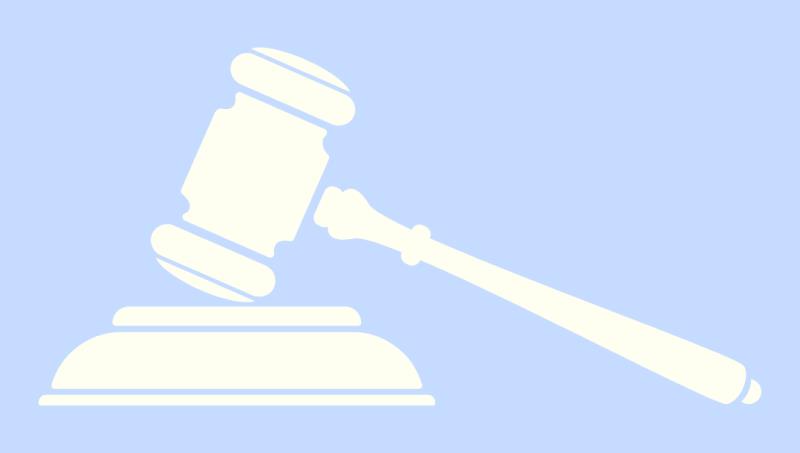
Student suicides are a growing concern in India. In light of this, on 25 July 2025, the Supreme Court released guidelines for schools, colleges, coaching institutes, and training centres to strengthen suicide prevention.
The Court recognised that the constitutional right to life includes dignity, autonomy, and wellbeing. It also acknowledged India’s obligations under international human rights treaties and the absence of a unified, enforceable framework to safeguard students. Until legislation or regulatory frameworks are enacted, these guidelines will hold the force of law.
This builds on earlier steps taken by the Court. On 24 March 2025, a national task force was constituted to study student suicides in higher education. The task force was directed to examine the causes, review existing frameworks on ragging, discrimination, sexual harassment, and mental health support, and recommend measures to address the gaps.
If you are a student, a parent, a faculty member, a mental health service provider, or an institute representative passionate about shaping India’s policies and frameworks regarding student mental health, please fill out this survey by the national task force.
The latest judgment in Sukdeb Saha vs. State of Andhra Pradesh puts these concerns into action with concrete safeguards:
- Mandatory Mental Health Policies: Every institution must adopt a standard policy aligned with national initiatives like UMMEED and MANODARPAN, reviewed annually, and made public.
- Access to Counsellors: Institutions with more than 100 students must appoint a trained counsellor, psychologist, or social worker. Smaller institutions must create referral linkages.
- Ending Harmful Practices: Segregating students by performance, public shaming, or pushing disproportionate academic targets is prohibited.
- Visible Helplines: Suicide prevention helplines, including Tele-MANAS, must be prominently displayed in hostels, classrooms, and websites.
- Training for Staff: Teachers and non-teaching staff will undergo bi-annual training in psychological first aid, spotting warning signs, and making referrals.
- Safe Campuses: Confidential grievance redressal systems must address harassment, ragging, and discrimination. Hostels are expected to implement safety measures like tamper-proof fans and restricted access to high-risk areas.
- Parental Sensitisation: Institutions must engage parents to reduce academic pressure and recognise signs of psychological distress.
- Focus on Coaching Hubs: Cities like Kota, Hyderabad, Chennai, and Delhi NCR, which report high numbers of student suicides, require heightened regulation and continuous mental health support.
This development signifies that mental health is now a central component of educational policy. The Supreme Court has established a legal and ethical obligation for institutions to protect students from excessive academic and social pressures and to ensure the availability of support systems.
This judgment represents a significant shift towards prioritising the dignity and well-being of students, extending beyond mere regulatory compliance. The responsibility now lies with policymakers and institutional authorities to enforce these guidelines and uphold the fundamental constitutional rights of young people.